Ever wondered how to achieve good feng shui in your home? You've probably heard of a few popular feng shui concepts, such as having your bed facing the door, but do you know why? And what about the other areas of your home?
In our handy beginner's guide, we break down the basic principles of feng shui and explain the history and significance of the ancient tradition. We also explore why it's a good idea to try feng shui in your home if you want a welcoming, happy and fulfilling interior space.
What is feng shui?
Feng shui literally translates to ‘wind-water’ and describes an ancient Chinese belief in aligning energetic forces in the universe - known as qi - in order to create harmony between individuals and their surroundings.
Followers of feng shui believe an invisible life force, known as 'qi' and pronounced 'chee', is in and around all living things and should be respected and utilised for a happy and healthy life. But how do you go about this practically?
One of the main components of feng shui is the 'commanding position' rule, where significant items in your home like your bed, desk or oven are positioned within the eye line of the door, without being directly opposite it. This is so you can stay aware of comings and goings and it is also believed to symbolically leave a clear pathway open for new opportunities.
Clutter, understandably, is a no-no when it comes to feng shui as it obstructs the flow of energy. Clear, open spaces are ideal.
Feng shui also uses the five-element system drawn from Taoist philosophy; wood, fire, earth, water and metal, which we break down into a bit more detail below. By combining all five of these elements, along with the commanding position rule, you will be on the right track for achieving good feng shui at home. Most importantly though, feng shui is about your physical space and ethereal space being in harmony, so if you can't get your bed facing the door, don't worry!
The 5 feng shui elements
EARTH - Related to earthy colours like orange, yellow and brown and flat, square and solid items like tables and rugs.
METAL - Related to grey, white and metallic colours and circular metallic shapes such as a round mirror or deep stand-alone bath.
WATER - Related to navy and black colours and wavy shapes. Small water features, a garden pond or wavy patterned accessories and artwork all tap into this element.
WOOD - Related to green, teal and blue colours, and tall elegant shapes. Trees and houseplants tick this box.
FIRE - Related to the colours red and orange and triangular shapes. Fireplaces, candles and lighting are all ways of bringing this element home.
How to feng shui your home
If you want to experiment with incorporating feng shui principles into your home, we’ve got six savvy tips to get you started.
1. Begin with the hallway
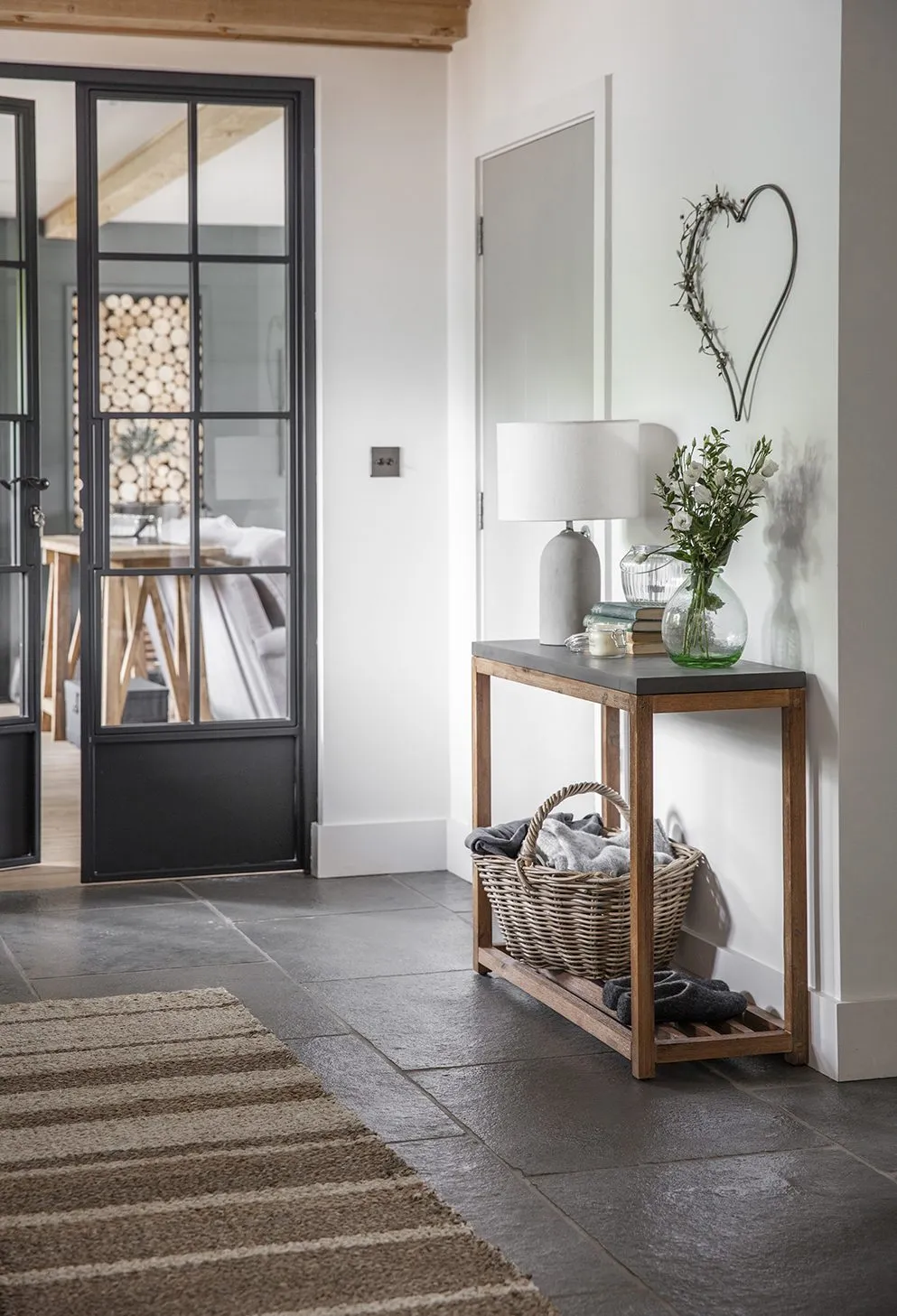
The best place to start with feng shui is the entrance to your home as this is the symbolic opening to your sanctuary. To maintain a sense of calm, make sure you declutter clothing, bags and shoes – anything that is taking up unnecessary room. Just remember, an organised space equals a tranquil mind.
Try and make your entrance hall as light and airy as possible, either by maximising natural light or using a variety of light sources, like pendants, lamps and sconces.
2. Bring in the elements
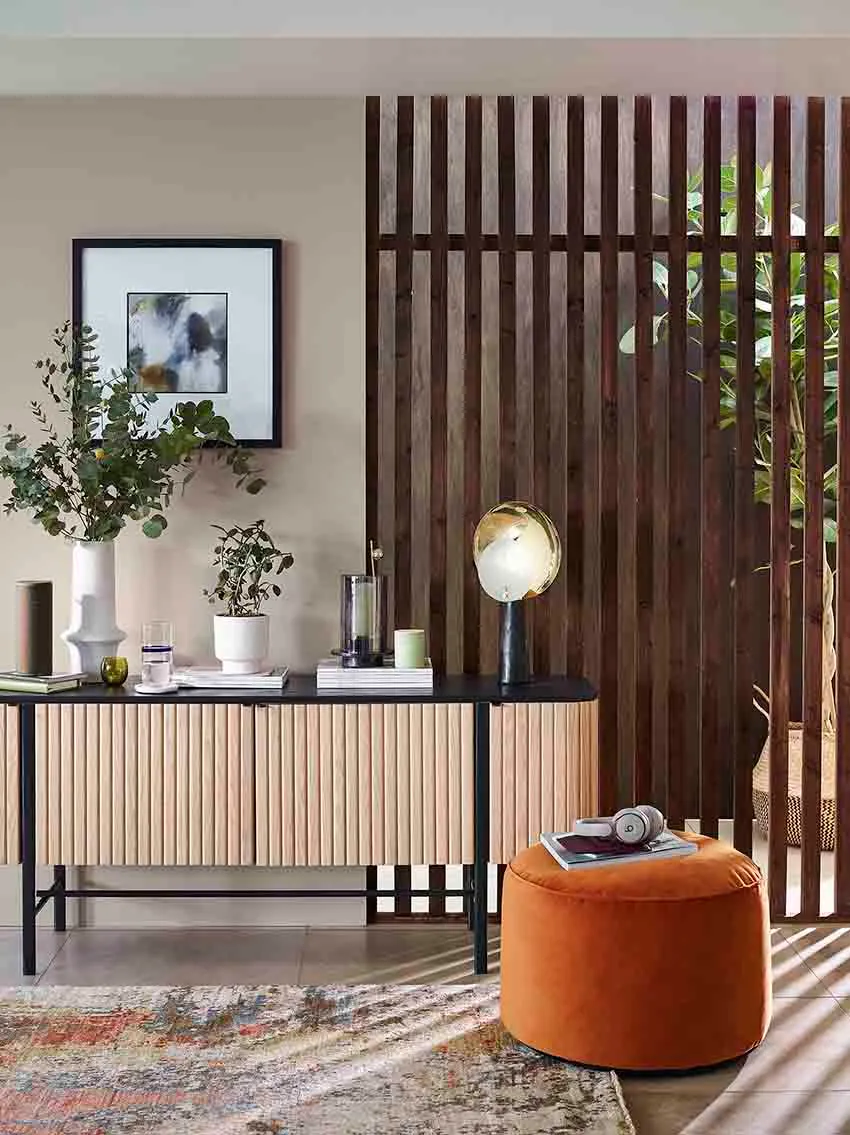
In feng shui, there are five natural element - earth, wood, water, fire and metal. Vlatka Lake, marketing manager at self-storage brand Space Station, says: ‘The colours in your home should reflect one or more of these elements to create calm and balance.’
You can use hues representative of metal with white, grey and metallic colours; these are traditionally believed to provide clarity. Burnt orange, scarlet red and dark wood tones are associated with energy and fire. Water is linked to relaxation, so you should incorporate grey, off-white and an array of blue shades to channel this quality.
The earth element includes tones of brown, tan and yellow and is symbolic of stability. And finally, wood which is representative of stillness and new growth, can be captured with a spectrum of browns and greens.
3. Create distinct boundaries
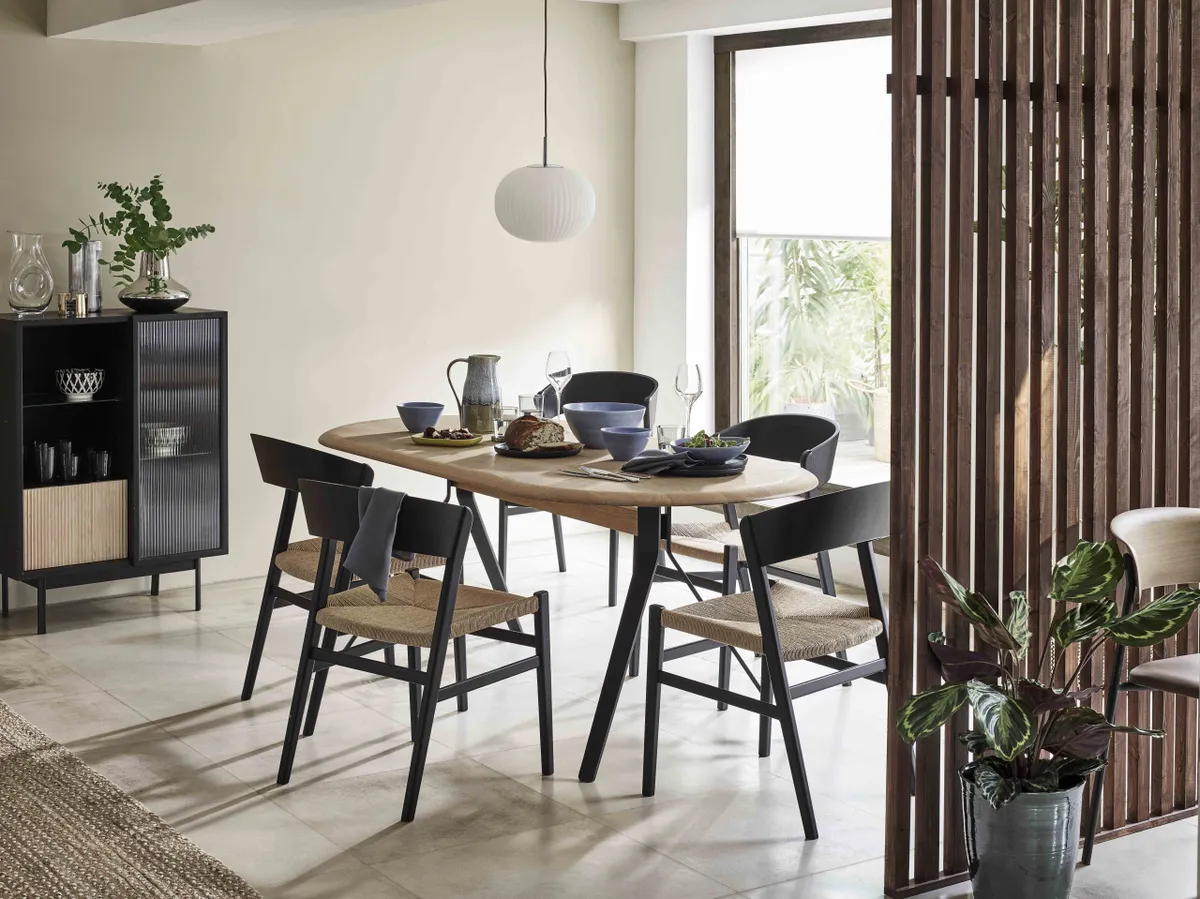
If you don’t have a home office, then it can be tricky to differentiate between relaxing and productive zones; this can leave you feeling stressed.
So, whether it be the dining table or your living room sofa, you should clear away the stationery and technology from your multipurpose workspace once you’ve finished for the day. By removing these items you are allowing positive, calm energy to flow throughout your home.
4. Clear your vision
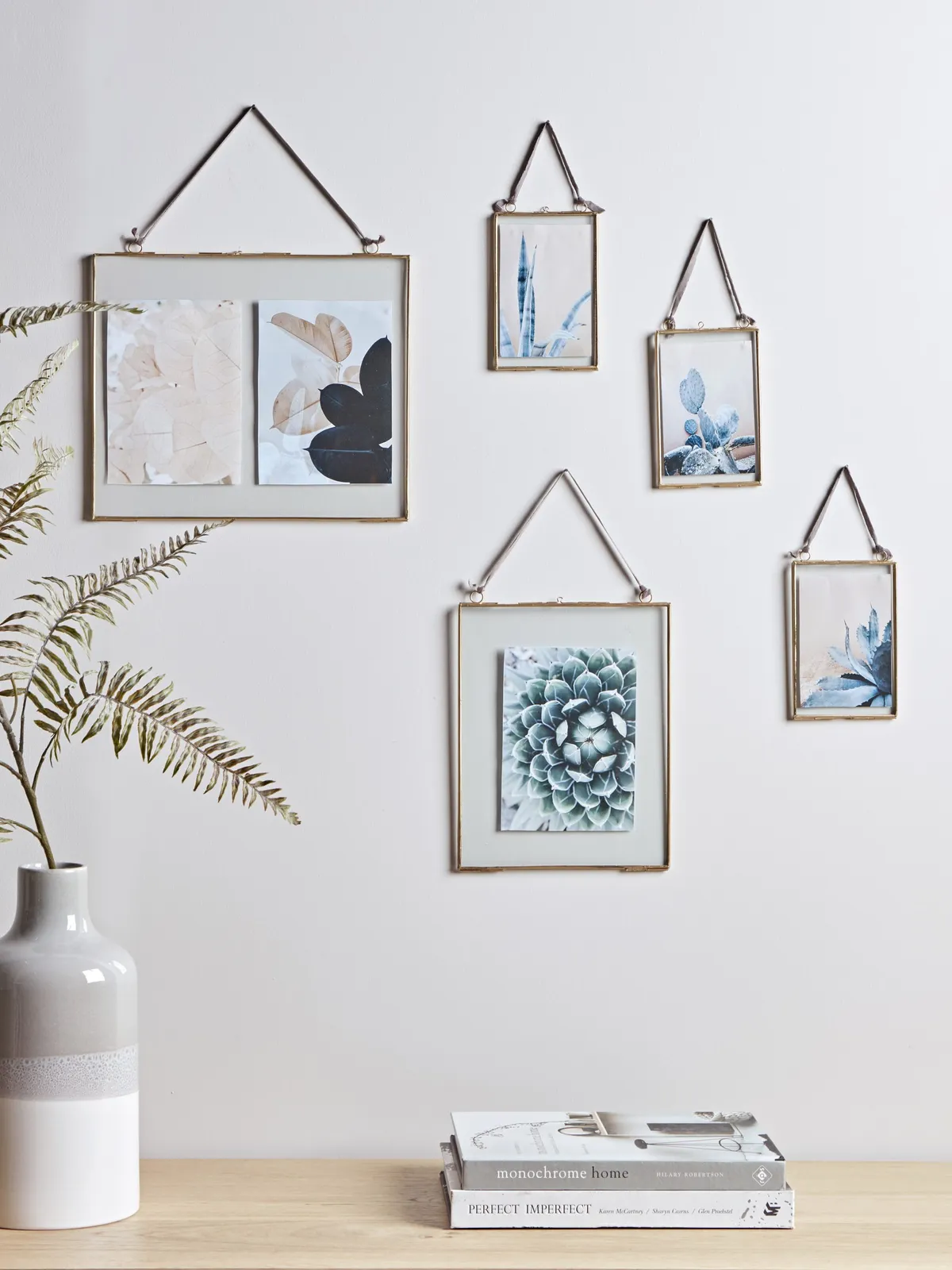
Dirty windows and crooked wall art can have a huge impact on your mood. Windows are representative of the eyes to the world, so you should clean them inside and out to allow as much natural light to flood into your house as possible.
‘Framed photographs and prints that are hung too low or off-centre can cause low energy which effects your qi – the current that runs throughout our bodies. To avoid this, rehang photos, prints and mirrors,’ advises Vlatka. If nothing else, you'll avoid the minor everyday annoyance of noticing that off-kilter picture frame!
5. Say hello to nature
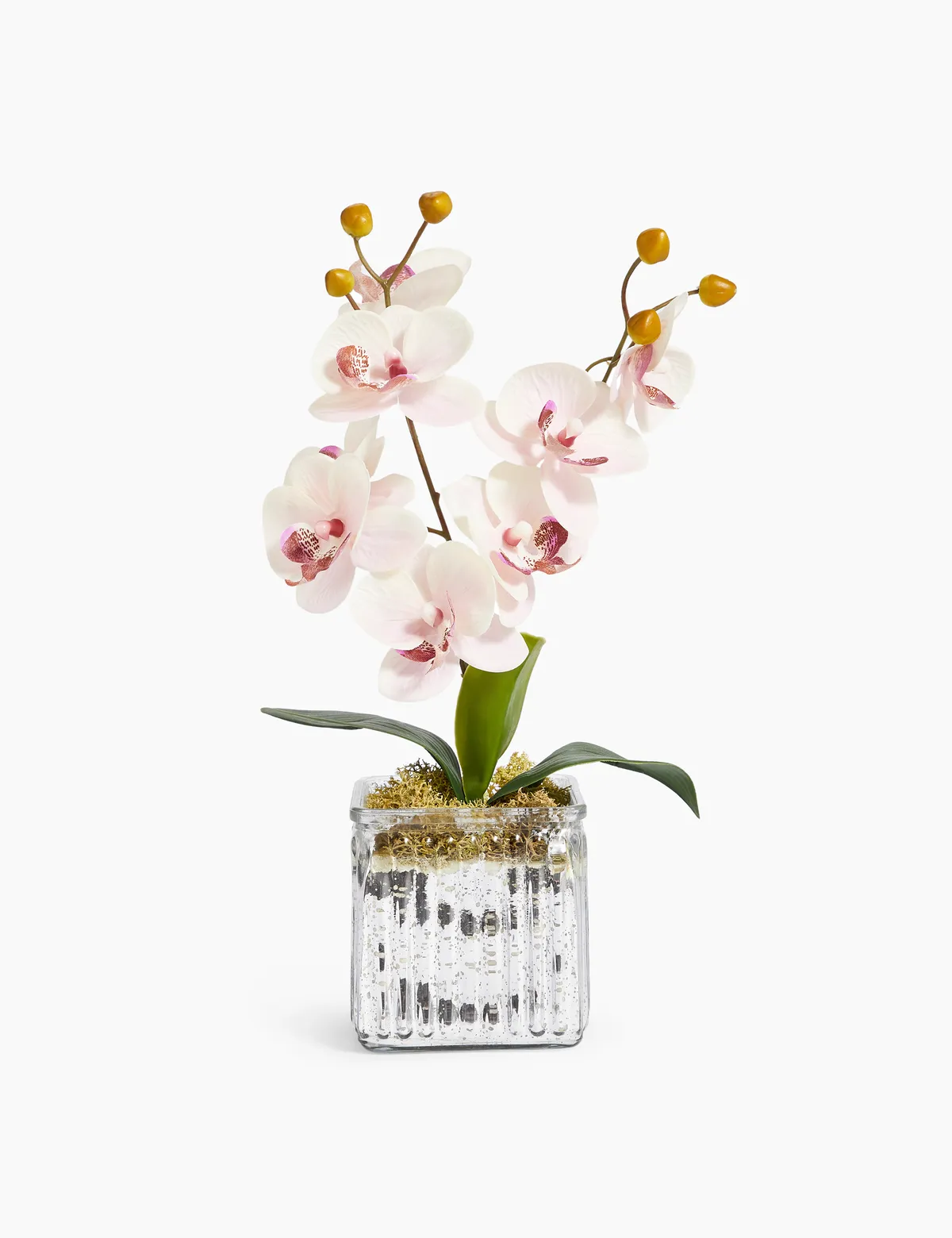
Striking a balance with the natural world is paramount in feng shui – and what better way to do this than by bringing a bit of nature indoors? Inviting greenery into your home does more than just make it Insta-worthy, it will also help to enhance therapeutic feelings of calm and relaxation.
- Forest bathing: how to bring the Japanese nature craze into your home
- How to be a houseplant parent
- Five ways to style houseplants in your home
Orchids and bamboo are typical eastern-derived plants which come to mind for this scheme, but you can use any kind of flora to bring harmony to your space. If you don’t have a green thumb, then not to worry, faux plants will do the trick, too.
6. Rethink your bedroom
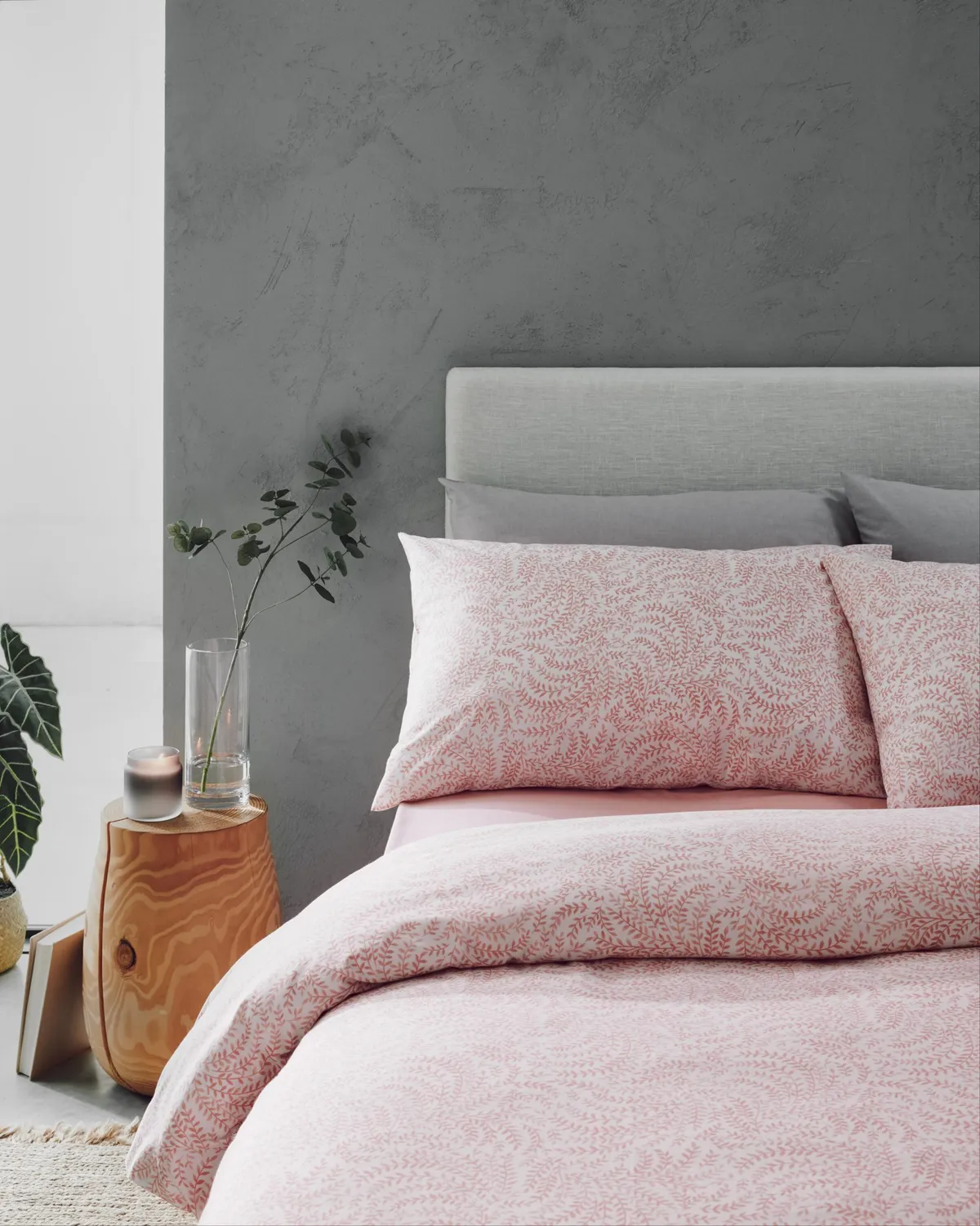
Arguably one of the most important areas of feng shui is your sleeping space. The bedroom should be full of restorative energy in which you feel comfortable, relaxed and refreshed.
Soft lighting, scented candles and plants will help to harness this peaceful power, but in feng shui, the placement of bedroom furniture is what will really enable you to achieve tranquillity.
It’s recommended that the bed sits just off-centre, opposite the door but not directly facing it and you should use matching end tables on either side of the bed to harness a sense of balance. The overall feel of the room should be simple and minimal, so do away with distractions like a TV, as this will prevent you from getting a peaceful night’s sleep.
